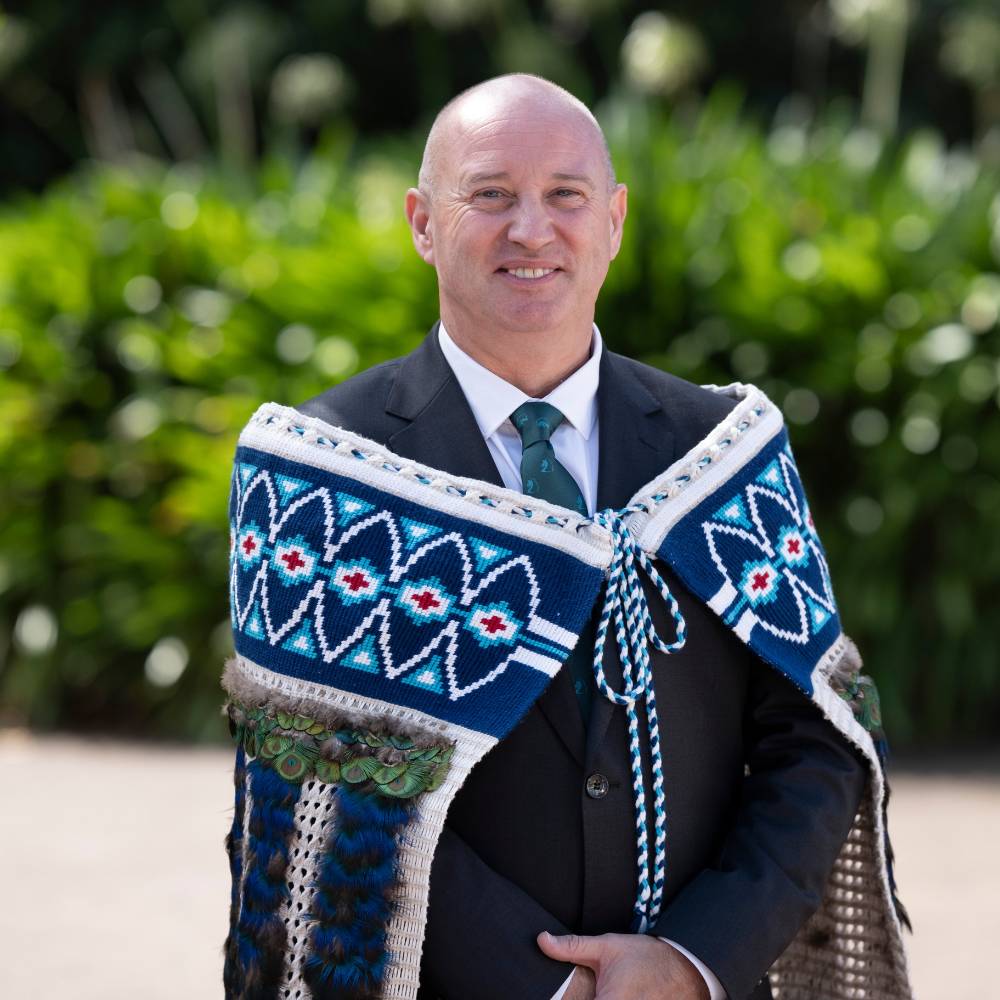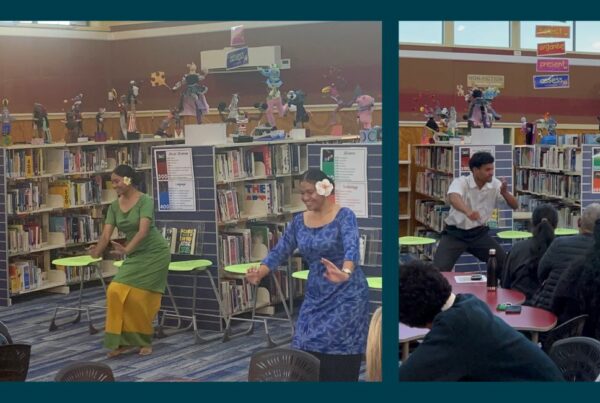Adolescence is a time of great growth – extending learning into specialist subjects, making new friends, and discovering new challenges beyond the curriculum through sport, culture, and art. It is a time for students to find their way, exploring every option as they make decisions about who they will be after high school. It is our honour and privilege to help guide them in partnership with families.
We believe in developing the whole student, not just the academic. Pakuranga College offers many ways for students to shine through a broad co-curricular and leadership programme, developing the physical, mental, emotional, and social skills young people need to be effective contributors in society.
When it comes to the curriculum, we place students firmly at the centre of their learning. We build a partnership between students, whānau, and teachers that supports young people in reaching their goals, because when home and school work together students achieve amazing outcomes.
We have incredible teachers dedicated to delivering the best results for students at Pakuranga College, and we are committed to their continued development. We invest significantly in the professional development of our staff for better teaching and learning outcomes for students, because students are at the heart of everything we do.
We look forward to welcoming your whānau into the Pakuranga College community, building a strong partnership and, alongside you, helping your child find the right fit for them.
Billy Merchant
Acting Principal







